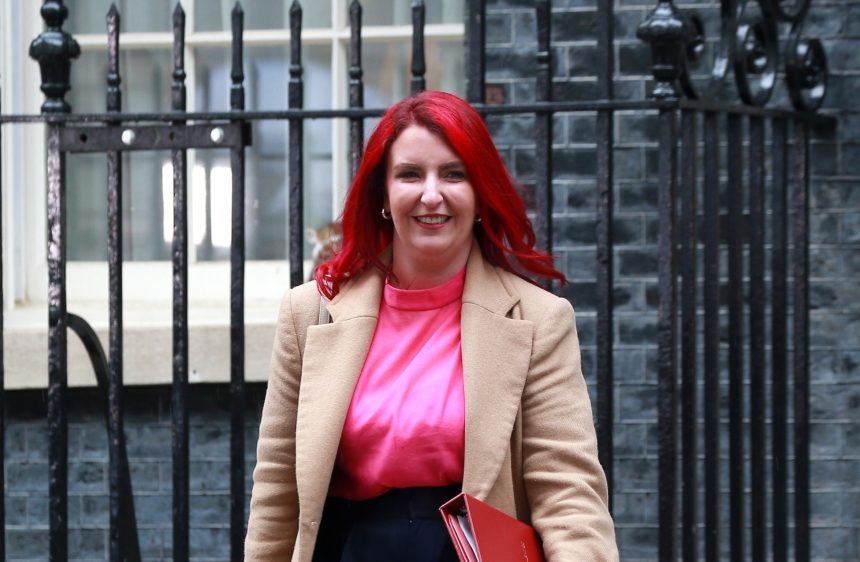Secretary of State for Transport Louise Haigh revealed nothing new about bus policy in England during her speech at the Labour party conference on 23 September despite the now-pressing need for clarity on the future of the £2 bus fare cap beyond 31 December.
Instead, she underlined the oft-aired policy to deliver greater public control of services, noting that those efforts in both the bus and rail sectors represent not just a reversal of Conservative policy since 2010 but an act of “ripping up the very roots of Thatcherism that have undermined and run down our transport system for decades.”
In a remark that will draw further raised eyebrows from some parts of the bus industry, Ms Haigh claims that privatisation “hasn’t spurred innovation.” Such an approach “hasn’t made things better” and “belongs to a past that failed.”
In an air of the Boris Johnson, Ms Haigh declared to delegates that buses are “a passion of mine.” However, she believes that previous transport secretaries have cared too little for the mode.
Those elected mayors in the North of England that are delivering franchising of bus services were described as “brilliant” by Ms Haigh, who highlighted existing commitments to bring forward legislation to expand those powers and remove the ban on the establishment of new municipally owned bus services.
Ms Haigh’s speech drew little applause from the Confederation of Passenger Transport (CPT) CEO Graham Vidler. He quickly highlighted the ongoing lack of direction on the future of the £2 bus fare cap and the same for longer-term investment in services.
“It is great to have a transport secretary who cares about buses and can recall when bus fares were just tuppence in Sheffield,” says Mr Vidler. “But passengers today are waiting for clarity over the future of the £2 fare cap.
“An immediate decision is needed to prevent a cliff edge return to fully commercial fares when the [cap] ends in December – a scenario that would harm passengers and services,” he continues.
The CPT CEO adds that current investment in buses is “improving passenger experience across the country,” but believes that better services will only arrive “when stable and adequate long-term funding and a toolbox of options permit leaders and bus operators to choose an approach that will best suit their local community.”
Speech here.



























